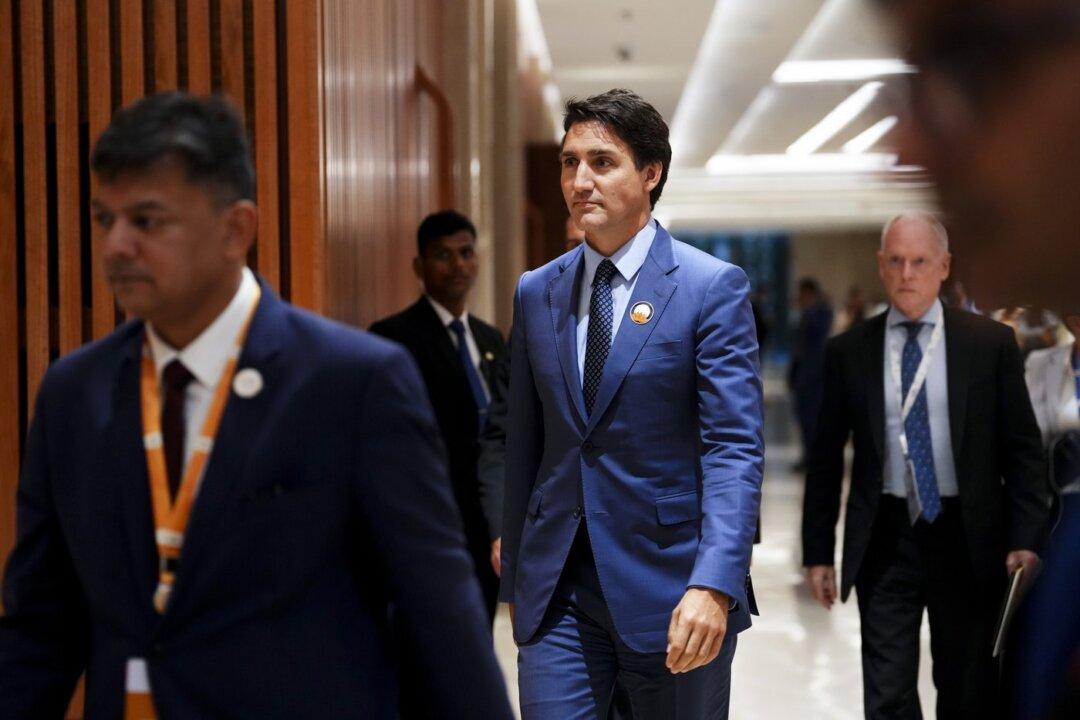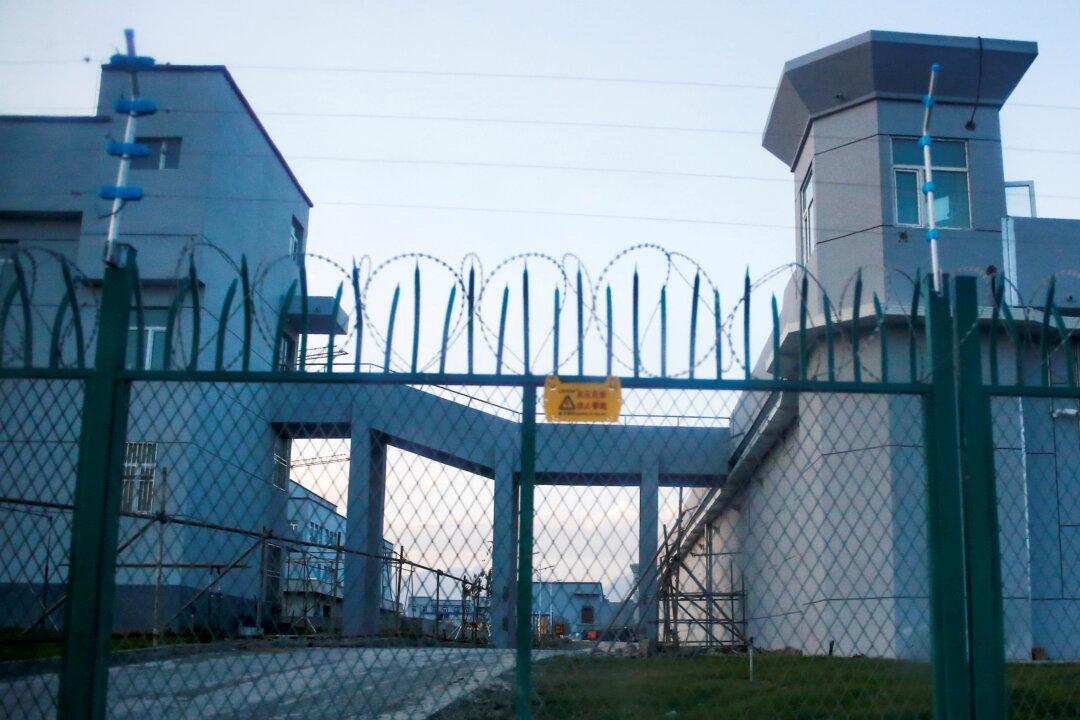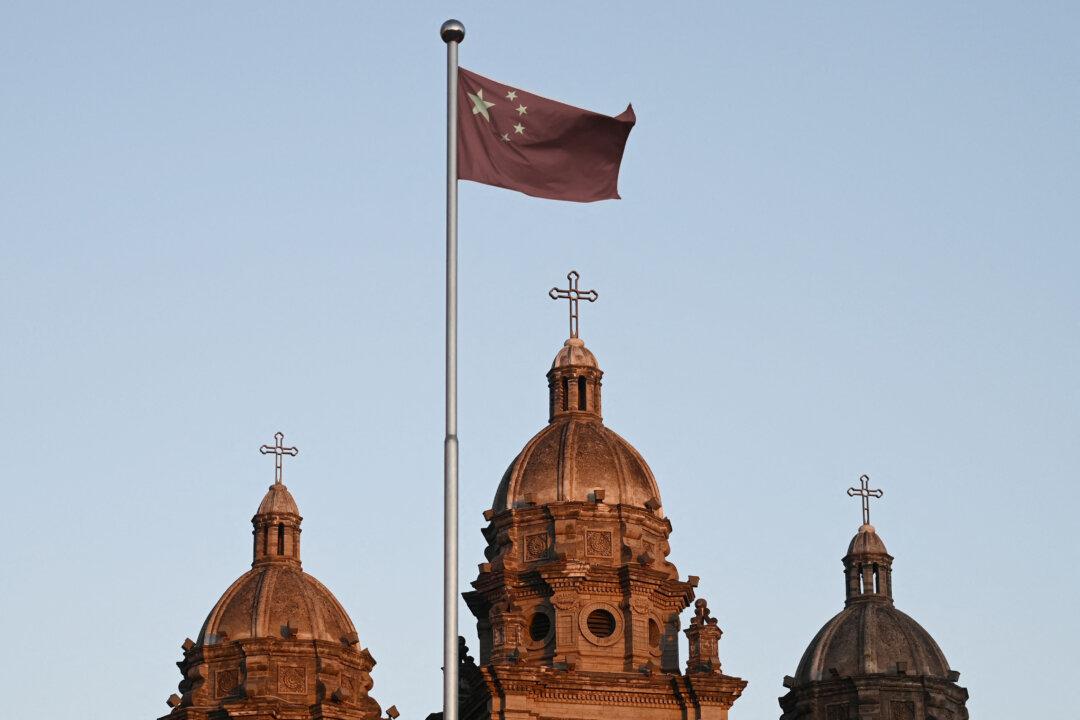Commentary
Those of us who worked in intelligence in Canada—I spent more than three decades between CSIS and CSE in a variety of positions—had really only one thing to do. That was to collect, process, analyze, confirm, and distribute secret information (i.e., intelligence) to senior government decision-makers, up to and including the prime minister if needed.





